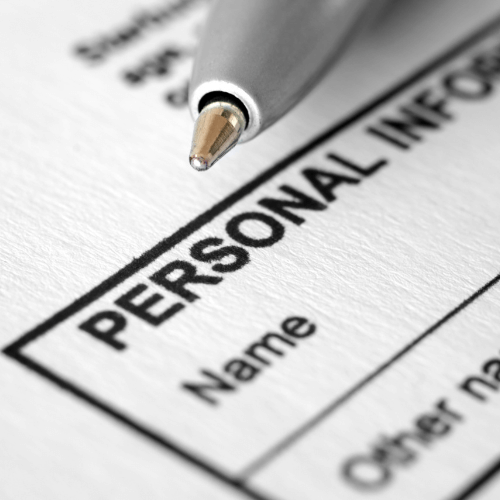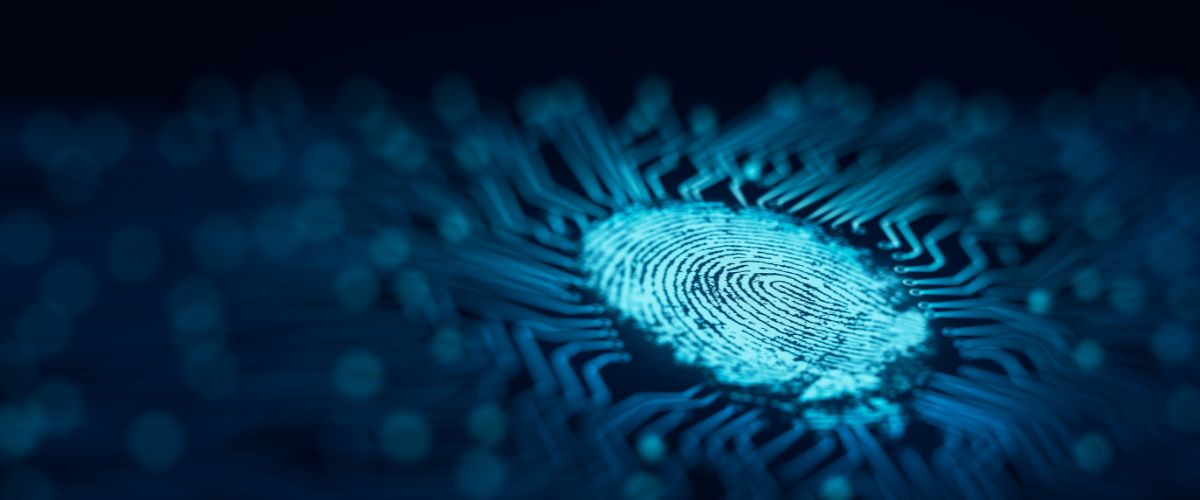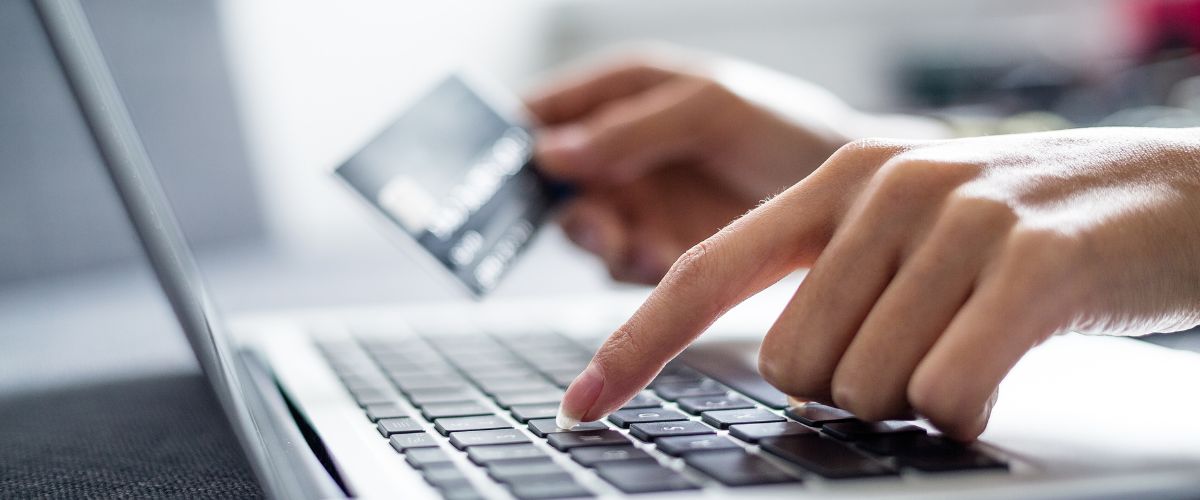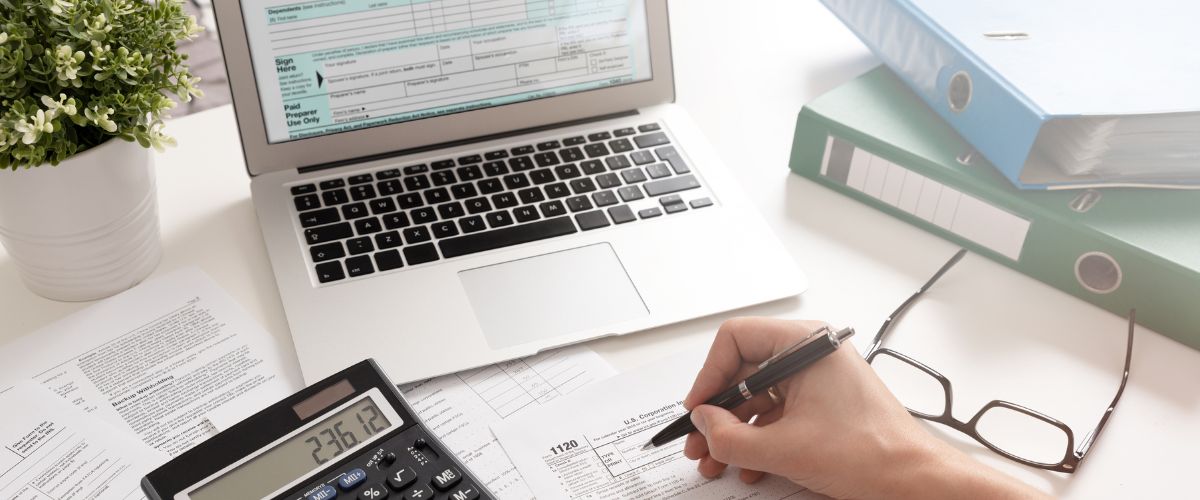There’s something counterintuitive about sending personal information over fax. It’s one of the older modes of communication, which makes us doubt whether it meets modern security standards. However, you may be surprised to learn that many industries still rely on faxing for sending confidential information, as it’s still considered one of the safest ways to send sensitive data.
Alternatives, such as email, aren’t entirely safe as not everyone uses a secure email service. Similarly, online storage services have been hacked in the past – while faxing soldiers on.

Yes, faxing personal information is safe when done correctly. Using an online fax service is recommended as they offer additional encryption, keeping your messages fully secure as they go from point A to point B. Encoding ensures that the data remains fully protected and inaccessible to unauthorized individuals.
It’s also important to follow the recommended security practices, such as keeping your information private, only using reliable providers, and avoiding public fax machines.

At this point, you may be wondering why public fax machines aren’t as safe as normal faxing. The answer is simple – since they’re open to the public, these machines are more prone to information leaks.
However, even the security of online faxing relies on various factors. These elements include the chosen provider and the strength of its encryption algorithms, along with how security measures are implemented by both the sender and receiver.
Naturally, you need to be protective over your credit card information, but there are times when you may need to send a fax with your precious data. However, if you’re careful, there shouldn’t be any security concerns as the actual process of sending from a fax machine to a fax machine or from one encrypted online fax service to another — or any combination of the two — is theoretically secure.
The first thing you need to consider is who you’re sending your data. You must make sure you’re sending to a company you trust so the person on the other end of the line won’t go on a spending spree with your credit card information. In a safe office environment like a bank, this may be fine, but if you can, make sure that someone is at the other end to receive your message and properly dispose of it afterward.

Yes, faxing Social Security numbers is safe – to a certain extent. It’s never wise to give your Social Security number away unless it’s absolutely necessary. If your number does end up in the wrong hands, it can lead to identity theft. Although the process of faxing a Social Security number is safe, what you don’t want to do is give it to scammers who would be delighted to take it. One thing you can do is search online for the fax number you’re sending your details to and make sure it corresponds with the company you want to contact.
Yes, it is safe to fax tax documents. If there’s one thing you don’t want to experience, it’s having the IRS breathing down your neck. That’s particularly true during an audit which is one of the few times you’ll be required to fax your tax documents. Although fraudsters would love to have all of your tax documents, they would either need a wiretap to intercept your message or be standing next to the fax machine when your message comes through.

Similarly, if your accountant needs your tax documents, then it’s important to know that their office is secure. If you are concerned about who will be receiving your message, make sure you add a confidential cover sheet to your fax.
As we’ve seen, medical information is often transferred by fax. Rest assured, though, this kind of data transfer is highly regulated – as you would expect when dealing with such sensitive information. All medical professionals must follow HIPAA guidelines to ensure patient confidentiality. Fortunately, some online fax services are HIPAA compliant. So, make sure to look for a service that meets these standards.

Yes, using online faxing is safe as long as you follow the right procedures for protecting your information. Most importantly, the key to maintaining security is going for a trustworthy online fax service, such as eFax.
The easy-to-navigate eFax provides military-grade encryption while being HIPAA compliant and having protected data centers. All of that, combined with great deals and a 7-day free trial, makes eFax emerge as an attractive solution for anyone looking for a safe online faxing experience.
Overall, as long as you make sure to only rely on reputable and properly encrypted providers, online faxing shows itself as a secure and efficient solution for data and information sharing. However, as with any online service, it’s also essential to follow up-to-date security practices to guarantee the integrity and safety of all faxed information.
Share your thoughts, ask questions, and connect with other users. Your feedback helps our community make better decisions.
©2012-2025 Best Reviews, a clovio brand –
All rights
reserved